By Becky Garrison, Epicure & Culture Contributor
If you’ve noticed the rise in cider festivals around the USA and the presence of cider panels at culinary events, you’ve likely realized the country is in the midst of a massive craft cider boom. And while you may have been unfamiliar with the drink until recently, the truth is cider has been around for a very, very long time.
In 1620 Pilgrims came over with cider trees, as well as honey bees to pollinate them. Brooks Cooper, Chief Fermentation Officer/Owner of Oregon Mead & Cider Company, adds that over 90% of the US population drank cider before Prohibition; however, during this period where the creation and sale of alcohol was banned, cider orchards were cut down. Eventually, farmers realized it was cheaper to grow other products — like barley — than cider fruit.
But it wasn’t just the chopping down of trees and the lack of apples that hindered the cider industry for a period. According to Cider Riot founder Abram Goldman-Armstrong, after Prohibition — and even still to an extent today — the USA had a “hangover” of calling apple juice “cider.”
The real definition of cider: the juice of the apples that have been fermented. Adults looking to appear sophisticated aren’t likely to order a drink they perceive to be more suited for a child.
The honest truth though is that, up until recent years, the majority of ciders on the market tasted sugary sweet, with an apple-like flavor more akin to drinking a bottled wine cooler than a true craft beverage. Luckily, we’re now seeing a rise of craft cideries producing a wide range of ciders ranging from sweet to bone dry.
And getting creative too. Just take one look at Reverand Nat‘s Hard Cider menu and you’ll see intoxicating beverages laced with ingredients like piloncillo negro, ginger root and exotic yeasts.
The Pacific Northwest Leads The Way
Not only are California, Oregon and Washington some of the country’s biggest states for beer and wine, but the Pacific Northwest is leading the way with craft ciders, too. It makes sense, especially as Washington produces 64% of the nation’s apples. Additionally, the anything-goes, have-fun-and-get-creative attitude of the Pacific Northwest lends itself well to the creation of craft products.
“Craft” being the key word here. This means the product is made in small batches — mostly from whole fruit and natural ingredients — and by someone with a genuine passion and intimate knowledge of the product.

Promoting Sustainable Cider Practices
This smaller production lends to a communal feel among many local cideries, often leading to the sharing of ideas and resources for how to create craft cider using sustainable practices.
According to Jonathan Chambers, Cider Manager at Seattle-based Capitol Cider, “Sustainable cider production begins and ends in the orchard. By respecting the entire ecosystem — the soil, the trees, the fruit and the innumerable organisms that make it their home — producers can find a system that works for all of its life. With growers and producers cherishing the fruit once it’s harvested and returning the pomace to the system in which it originated, nature will find its balance.”
But it doesn’t stop there. Many Pacific Northwest cideries are taking conscious cider-making a step further to really create a delicious ethical product. The above-mentioned Capitol Cider, for instance, also supports local artists and serves up delicious gluten-free dishes.
Another not-to-miss sipping spot is Finnriver Farm & Cidery near Port Townsend, Washington. Before they were making unique ciders (lavendar black currant, anyone?) they were an organic farm. Today, majority of their ingredients — including their apples — are sourced as organically and locally as possibly. You’ll also see a B Corp certification on their packaging, indicating they’re making their business a force for good in terms of environmental sustainability and employment practices.
If you’re in Portland, Oregon, sustainable cider can be found at Portland Cider Co., who pride themselves on generating less than one cubic yard of waste per month — mostly plastic film they’re not able to recycle — while producing over 20,000 gallons of cider over that time. Through their participation in Portland General Electric’s Renewable Energy Program, their facility uses roughly the same electricity as three average homes. While they don’t press their own apples, they purchase their fresh pressed juice from a company only 50 miles from their cidery. The dry apple pomace from their pressings is sold to farmers who use it for livestock feed, so nothing goes to waste.
Interestingly, cider in itself — no matter where you order from — is made without heat. Explains Nat West of Reverend Nat’s Hard Cider, “Unlike beer which is fermented using heat, cider is made more similar to wine where it is fermented without any heat. Hence, cider can be made using less energy than beer.”
And as it doesn’t matter what cider apples look like, they can be grown sans pesticides. Hence, one can create a cider grown in an organic and natural fashion even if the farm doesn’t meet USDA’s strict specifications for organic farming.
Cideries Doing Good In The Community
But ethical ciders don’t just refer to the environmental good going on behind the scenes; many Pacific Northwest cideries are also making an impact in the community.
Eric Jorgensen, Finnriver Cidery co-founder, hopes that people who come to Finnriver not only drink their cider, but walk around their property. “I’d like them to see how our orchard works together with a neighborhood salmon stream. They can see innovations like our waterless urinals, and learn how healthy environmental controls and high health standards can co-exist with a profitable business.”
Finnriver remains heavily committed to local nonprofits with three nonprofit partners on their premises.
There are also an impressive numbers of partnerships helping to build up the community. Portland Cider, for example, was recent inducted into the Oregon Brewshed Alliance, a subsidiary of Oregon Wild. It boasts being the first cidery in the coalition that’s committed to protecting and restoring Oregon’s nature. To kick off the partnership, they created a Community Cider with community gathered and donated backyard apples.
If you like coffee and conscious, you’ll love the fact that Schilling Cider of Seattle partners with Street Bean Coffee Roasters, a nonprofit that gets youth age 17 to 24 off the street by placing them into a six-month job training program. Schilling uses Street Bean’s coffee in their Nitro cider and coffee, whereby every pound of coffee they use pays for a half-hour of job training.
And then there’s City Fruit of Seattle, who donate bruised apples from local apple trees to Seattle Cider. In turn, they press this fruit and make a cider called City Fruit. Half the proceeds from this cider go back to City Fruit to fund their hunger eradication and climate change projects.
In light of these local endeavors, those wishing to explore this explosion of craft cider can find a beverage that pleases their palette while finding cideries that also benefit the environment and the local communities, as well. If you’re visiting the Pacific Northwest, make sure to add stops to some of these sustainable cideries into your itinerary.
Where is your favorite place to savor an ethically-made craft cider? Please share in the comments below!
Further Exploration:
12 Sustainable Breweries, Wineries & Distilleries You Need To Visit [Blog Inspiration]
Cider, Hard and Sweet: History, Traditions, and Making Your Own [Great Reads]
Mr Beer Premium Homebrewing Kit [DIY Fun]
Becky Garrison
Latest posts by Becky Garrison (see all)
- This Is What Happens When You Seek Out The Best Distilleries In Washington - May 22, 2018
- How To Make A Positive Impact Through Hostelling In The USA - Jan 10, 2018
- An Inside Look At The Pacific Northwest’s Sustainable Cider Movement - May 8, 2017
- 7 Pioneering Chefs Eradicating Hunger In The USA - Apr 11, 2017
- How One Man Revolutionized The Beer Industry For The Better - Nov 10, 2016

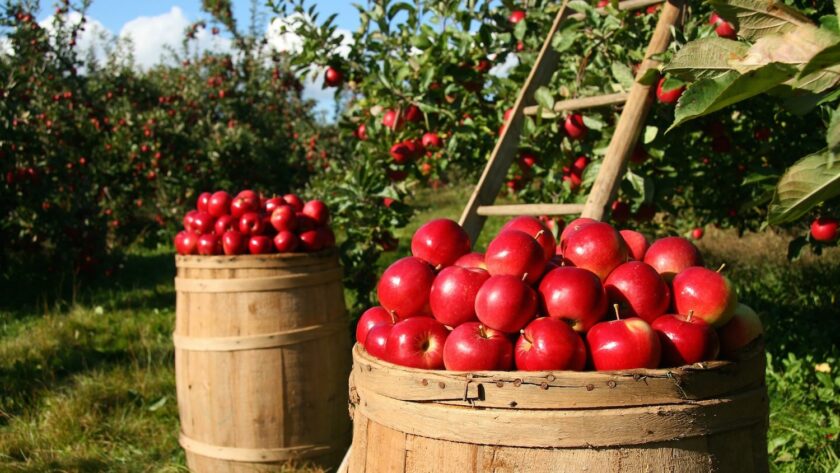
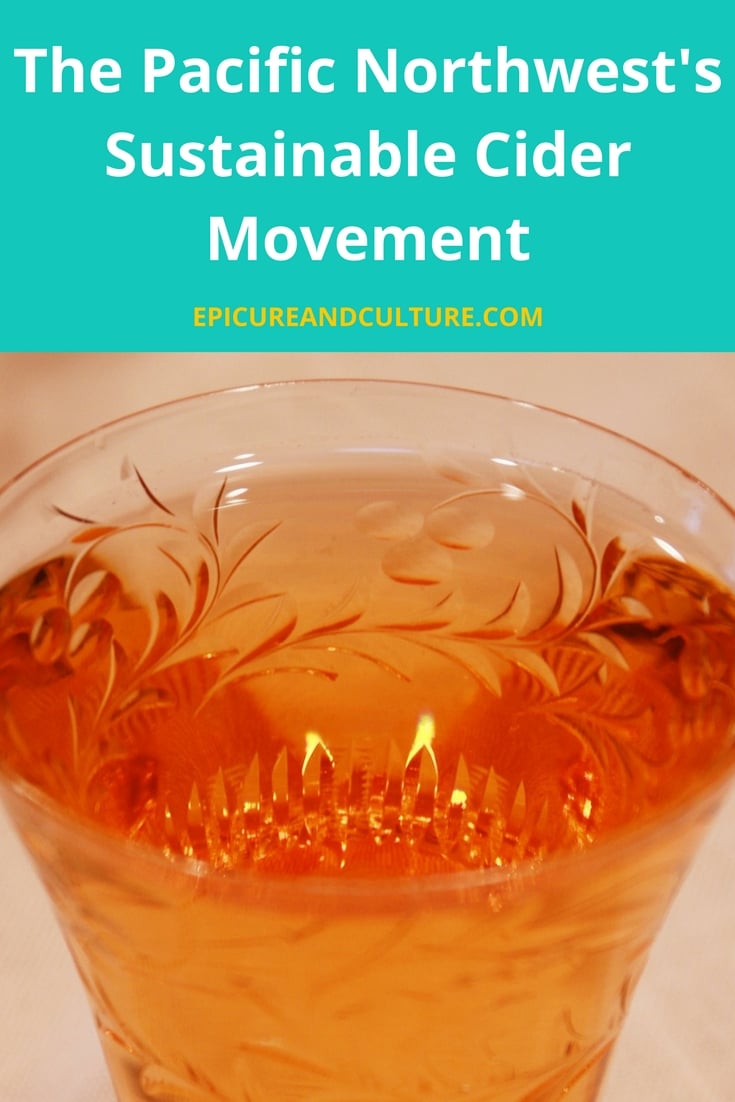


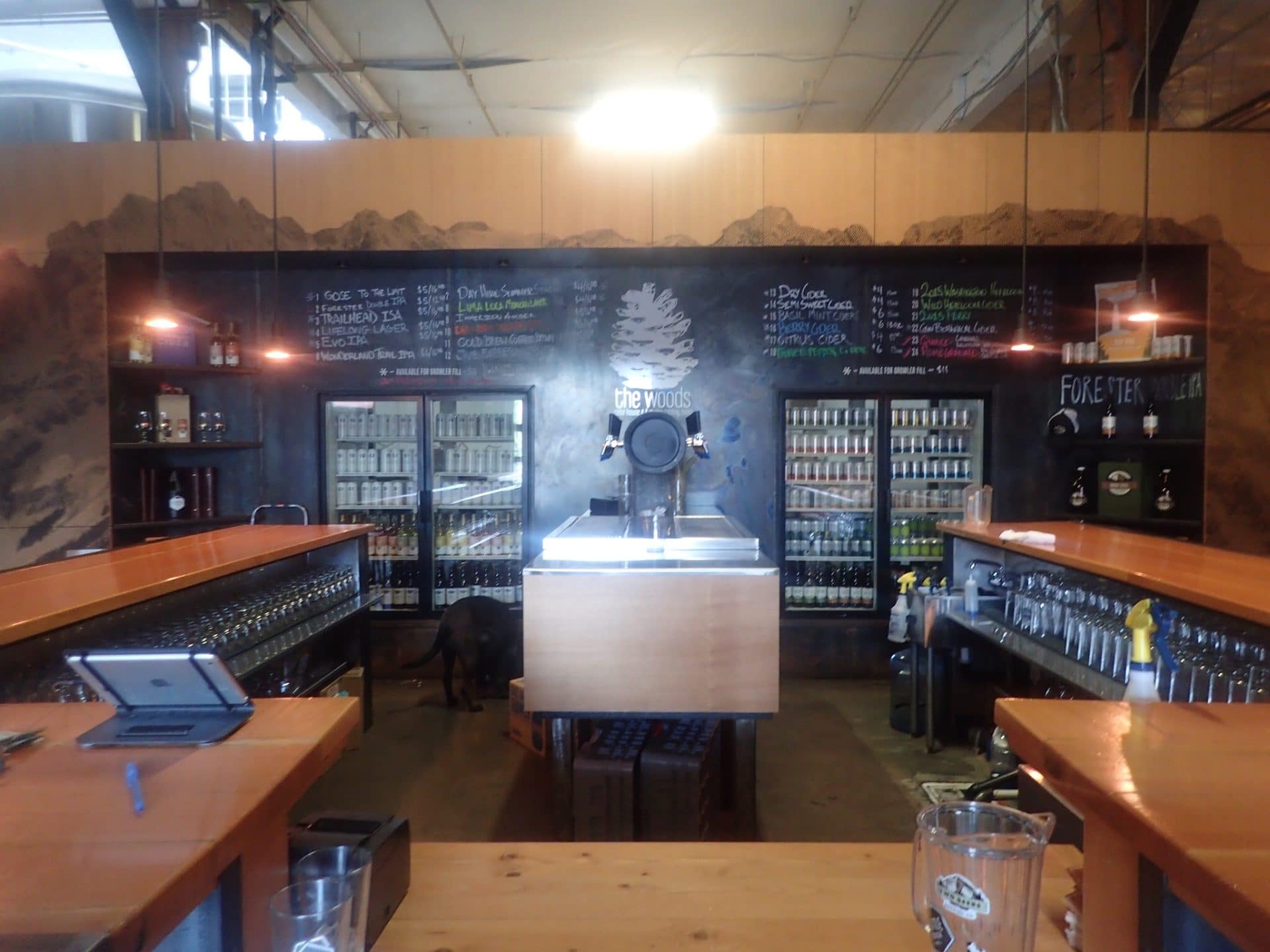

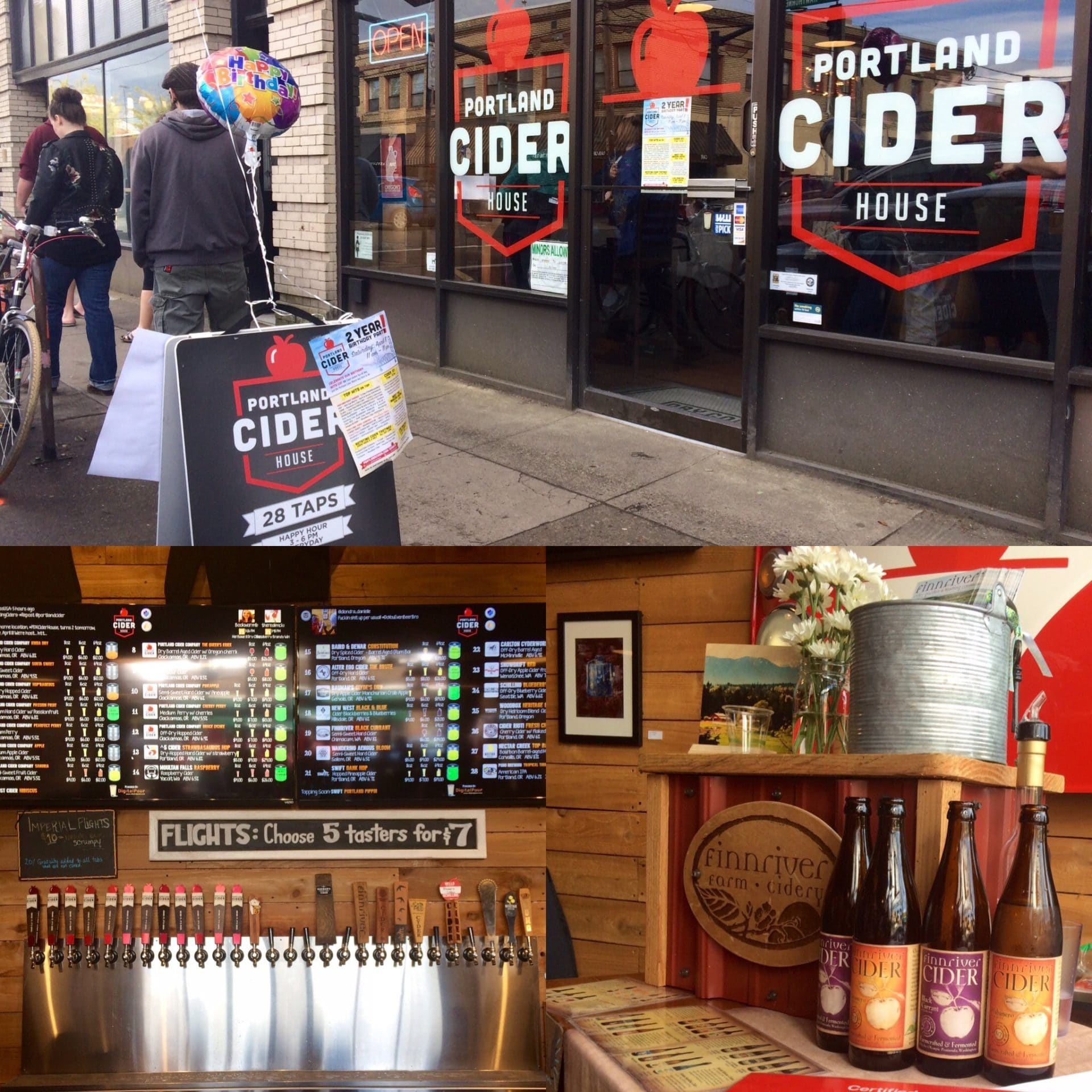
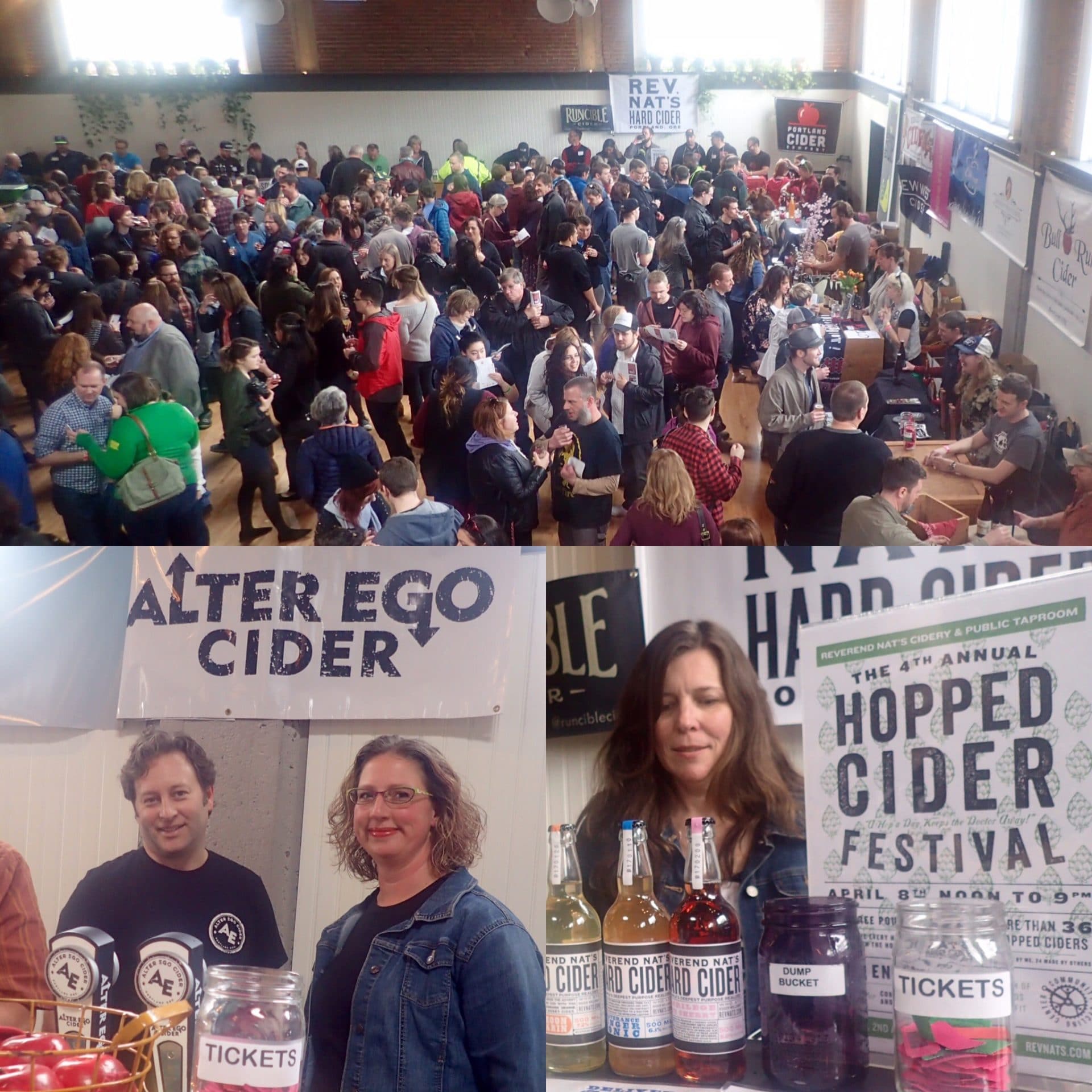
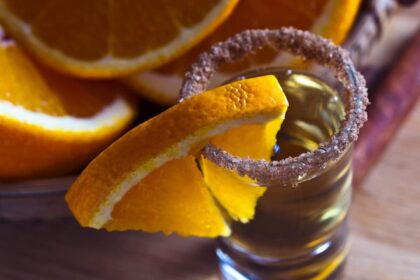


great guide! I had always thought it was just beer that was going down the craft route. i will definitely check out some craft cider – much more appealing to me than beer!